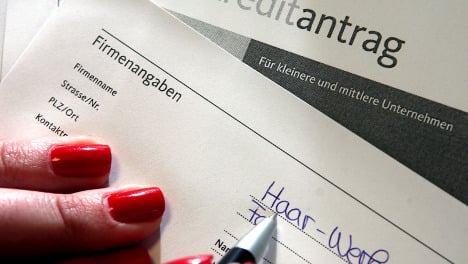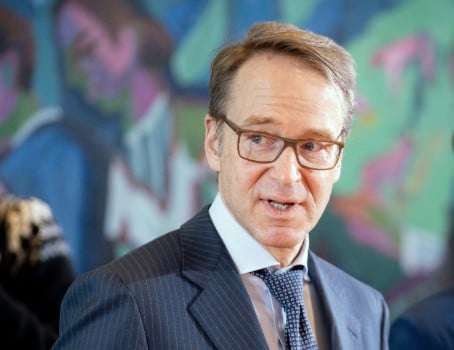The fund is being developed specifically to help small businesses survive the post-financial crisis credit crunch with loans that max out at €20,000 for two to three years, the ministry told the paper.
The micro-credit is meant to spur an entrepreneurial spirit and combat a tougher loan market among risk-averse banks. According to the Labour Ministry, there is currently a “grave lack of offers” that has intensified throughout the financial crisis.
Meanwhile the political significance of small businesses in the German economy has increased in recent years. The number of self-employed business owners rose by 40 percent between 1991 and 2006 to reach some 4.2 million.



 Please whitelist us to continue reading.
Please whitelist us to continue reading.
Member comments